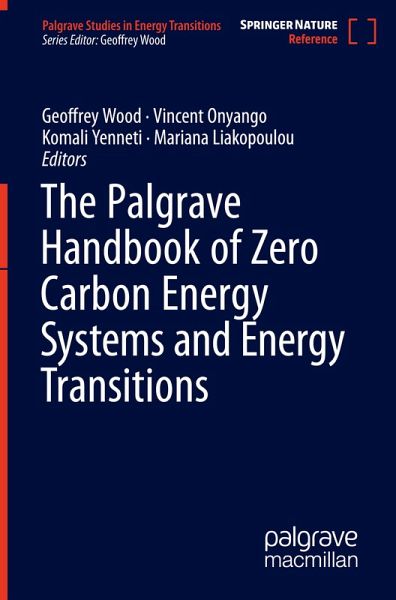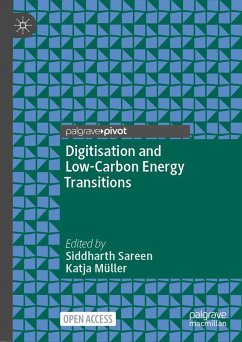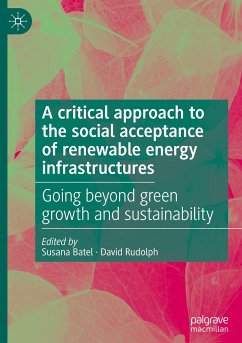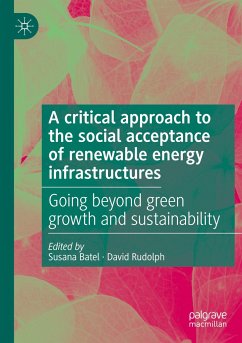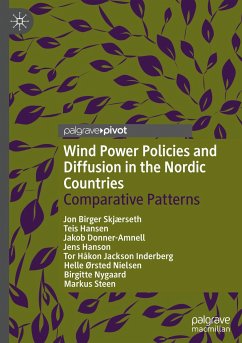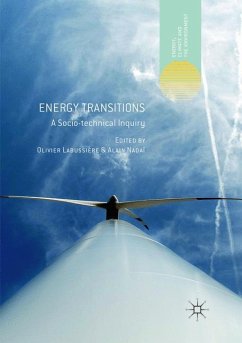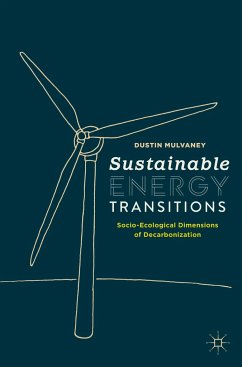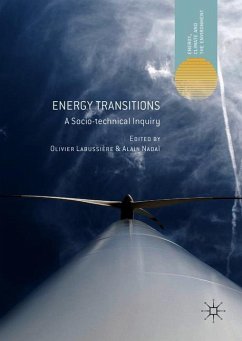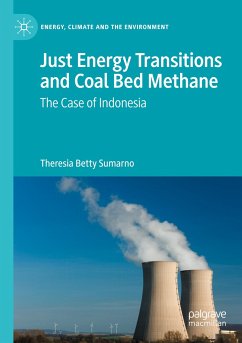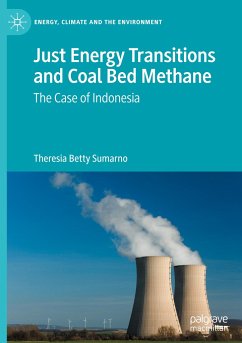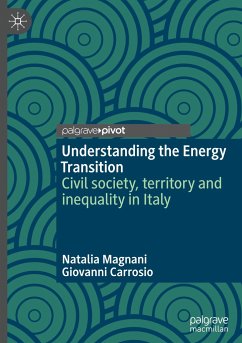Dr Geoffrey Wood is a Lecturer in Energy and Environmental Law at Stirling University Law School in Scotland. He holds a PhD in low carbon energy law, policy and governance from the Centre for Energy Petroleum and Mineral Law and Policy (CEPMLP) at the University of Dundee. An interdisciplinary energy and environmental law, policy and regulatory specialist, his research and teaching focuses on the development of legal and governance frameworks for sustainable energy transitions to optimise policy delivery in terms of environmental, social, economic, political, and technological outcomes. Recent research includes exploring the impact of austerity on environmental decision making in Scotland, a critical analysis of policy risk and politics on low carbon energy deployment in the UK and Scotland, the role of definitions in renewable and low carbon energy governance. He has published extensively on energy and environmental issues, and has published over 40 articles, books, book chapters and other publications, including two books 'The Palgrave Handbook of Managing Fossil Fuels and Energy Transitions' (2019) and 'A Critical review of Scottish Renewable and Low Carbon Energy Policy' (2017). Geoff is also Series Editor of the major new Palgrave Studies in Energy Transitions (PSET) handbook series (forthcoming, Palgrave 2021) and Editor-in-Chief for the 'Encyclopedia of Renewable and Low Carbon Energy' (forthcoming, Palgrave). Geoff is a Researcher in global energy transitions at the University of Dundee. Guest Lecturer in energy, climate and environment at Glasgow Caledonian University. Geoff has previously held research, lecturing and consultancy positions in energy, climate and the environment for various organisations including the Scottish Government, Glasgow Caledonian University, NEM Consultancy, the Offshore Renewables Institute, Royal Society of Edinburgh, and the Extractives Hub (a joint UK Government-University of Dundee project). Dr Komali Yenneti is a Senior Lecturer in Geography, Urban Planning and Environment at the School of Architecture and Built Environment, University of Wolverhampton. She has extensive research, policy and advocacy experience in urban studies, climate change, energy and sustainability. Her current research involves more than 25 academic, government and industry partners around the world. She has published widely and has made policy contributions to the United Nations Office for Disaster Risk Reduction, United Nations Environment Programme and Governments around the world. She has organised and chaired conferences and conferences sessions, delivered keynote addresses and invited lectures in more than 100 events around the world. She holds a PhD in Geography and Environmental Sciences from the University of Birmingham and previously worked at the University of New South Wales (UNSW) and the Nanjing Institute of Geography and Limnology, Chinese Academy of Sciences (NIGLAS). She has received the inaugural International Geographical Union's Early Career Research award and is also the founding chair of the IGU - Young and Early Career Geographers Taskforce. She is an academic secondee at the Department of Energy Security & Net-Zero, Government of the UK. Mariana Liakopoulou serves as Markets and Policy Associate in the EU liaison office of Energy Traders Europe. In this capacity, she undertakes analysis on aspects of the regulated and voluntary markets for trade in renewable and low-carbon gases and associated certificates. Specifically, she focuses on the legislative intersections between the Hydrogen and Gas Markets Decarbonisation Package, the Renewable Energy Directive and the EU Emissions Trading Directive, as well as voluntary emissions reporting under the Greenhouse Gas Protocol framework. She moreover looks into topics related to gas capacity allocation mechanisms, tariffication, balancing, security of supply, storage, LNG, gas hub development and biomethane/ hydrogen market design in France, UK & Ireland and the CSEE gas markets, supporting the work of the pertinent Energy Traders Europe Task Forces. Mariana also serves as Research Analyst in the Energy Security Program of the NATO Association of Canada producing research works on gas policies in the Caspian Sea region and the gasification of Southeast and Central and Eastern Europe. Formerly, she was a consultant and member of the Roster of Experts of the Energy Community Secretariat. She has also completed an internship in the Director's office of the EU Agency for the Cooperation of Energy Regulators. She started out as Energy Research Fellow with Caspian Policy Center (Washington DC.) Her publication record comprises works for various industry sources and journals, including the International Association for Energy Economics, the United States Association for Energy Economics, the NATO Association of Canada, Natural Gas World, European Gas Hub and Gulf Intelligence. She is a graduate of the School of Economics and Political Science of the National and Kapodistrian University of Athens, holding a Master's in International Relations and European Studies. Her Master's thesis looks into the European Commission's strategy towards the Fourth/ Southern Gas Corridor in correlation with the legal status of the Caspian Sea. Dr Vincent Onyango is a Reader (Environmental Assessment and Planning) at the University of Dundee's School of Architecture and Urban Planning and leads the degree programme Environmental Sustainability (MA Hons). His academic interests cover, among others, Climate Change, Renewable Energy, Energy Transitions, ESG/CSR, and Environmental Impact Assessment. His research focuses on environmental assessments and environmental planning, aimed towards integrated environmental management (Sustainability and Natural Resource Management) with greater interest in processes and methodologies towards unifying the broader and more integrative issues of sustainability and environmental governance. He has recently undertaken research on the effectiveness and design of Scotland's policies on greenhouse gas emissions in relation to new houses; spatial planning, and; marine planning and implications for multi-use of the oceans. Vincent has published more than 40 articles, book chapters and reports, and his current research focus is expanding to cover Sub-Saharan African energy and environmental issues.
